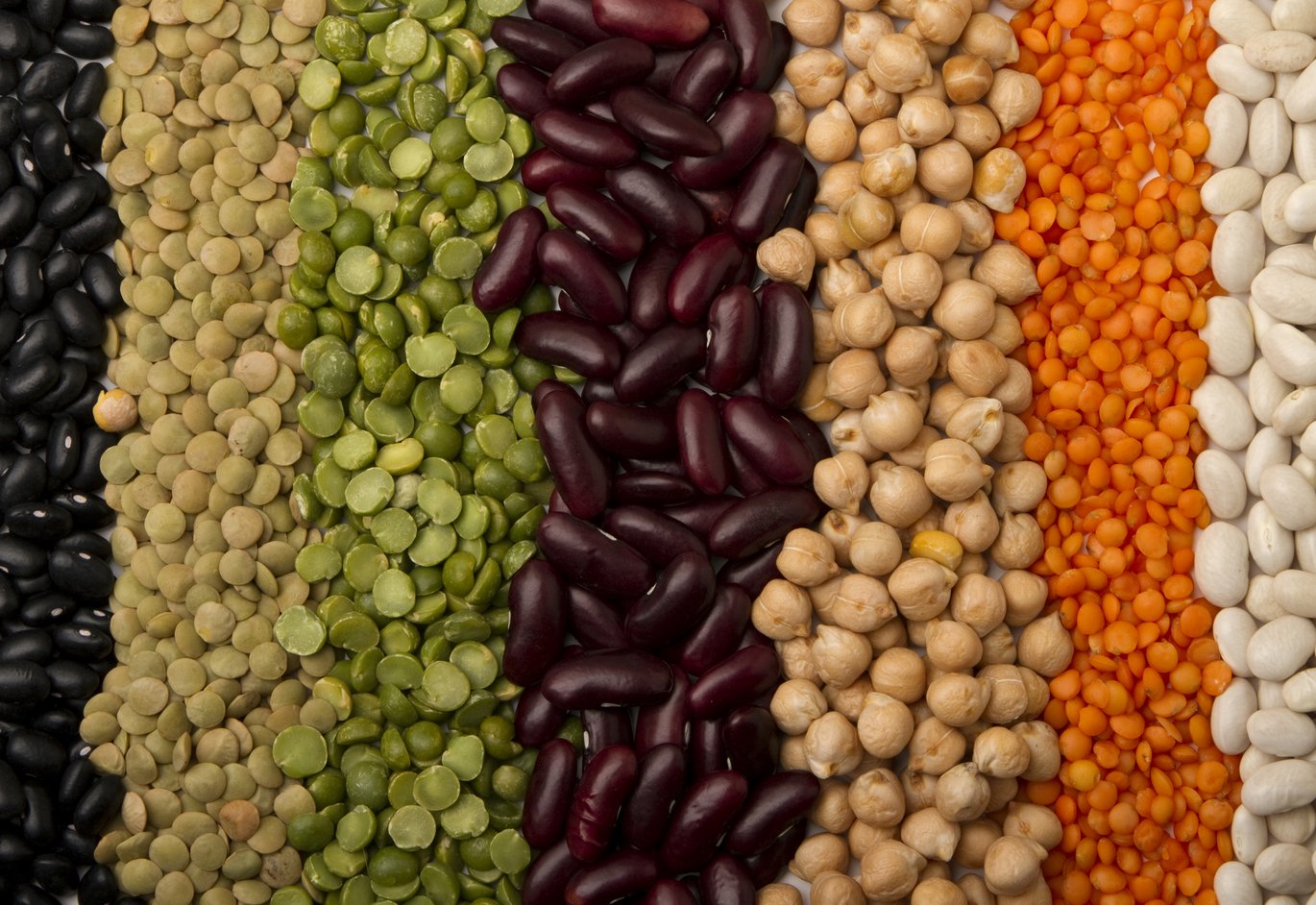Research to transform the production and consumption of foods
All humans should have access to healthy and sustainable diets, circularity should reduce resource consumption and we must rediscover diversity. According to a group of experts, these should be the superior goals for the new EU framework programme for research.

For many of us, it may be difficult to relate to the fact that approx. 8 percent of the world’s population are undernourished, or in other words: for every 12 persons one is starving. This is grotesque considering that about one third of all the food produced is wasted - corresponding to an amount of 1 billion (1 thousand milliards) euros a year.
At the same time, an increasing number of people struggle with food challenges of a completely different kind. More and more people experience health problems with overweight caused by lifestyle and wrong or one-sided diets. Actually, our diets have become so one-sided that 60 % of our energy come from only three plant species: rice, maize and wheat.
The world’s population is continually increasing and so is the need for foods. However, many of the methods used today to produce food, have a significant and unnecessary impact on the climate and the environment. Worldwide, it is estimated that agriculture and food production account for up to 30 % of the total human-induced GHG emissions.
At the same time, human utilization of natural resources is one of the main sources for a global biodiversity crisis leaving about 1 million plant and animal species threatened by extinction.
Complex problems and a need for new knowledge
It is nothing new that several major problems are related to the production and consumption of foods. Nor is it a surprise that significant knowledge is required to solve these complex problems within the food sector.
In the years to come, the EU will implement a new framework programme for research, Horizon Europe. This programme will provide input for policies as well as technological innovation, which may help develop European food production and consumption.
It is, however, important to find cohesive solutions across the various problems. We need to implement sustainable food production systems that consider the climate and environment, and – at the same time – ensure just and equal conditions of life – ”a safe and just operating space”. This is the main message in a new foresight report prepared by a group of experts appointed by the EU Commission’s Standing Committee on Agricultural Research (SCAR).
Three transitions
In the report, the experts point out three ”transitions” (major and fundamental changes), which Europe will have to go through:
- All humans should have access to nutritious, healthy and sustainable diets
- Circularity must be implemented at all levels to help reduce the huge consumption of resources in both production and use of foods
- Diversity must be a focal point in both food consumption, cultivation and food systems
The report examines the complex problems that underlie the challenges in these three areas, and point out that it is very essential to view the problems as a whole.
It makes no sense to focus on climate challenges without considering e.g. biodiversity or the possibility of producing healthy foods in sufficient quantities.
Need for ”monumental” efforts
According to the report, there is a significant need for “monumental” efforts in order to implement the transitions. This will make huge transition efforts for both companies, farmers, consumers/citizens, and political decision-makers.
The expert group’s task was to define the framework for research and development paths. The paths should take us to a “safe and just operating space”. The vision is that society obtains the necessary knowledge to create the framework for a robust and sustainable food production that considers citizens, farmers, companies as well as natural resources and the climate.
Link to the report and underlying documentation | |
| Additional information | At the start of 2019, the SCAR (Standing Committee on Agricultural Research) initiated a foresight process. The purpose was to prepare a 5th SCAR Foresight Report on the challenges related to food production, supply and consumption and suggest necessary research and innovation initiatives in order to promote changes within the area, primarily in Europe but also in the rest of the world. The foresight process is coordinated by the Foresight Group, which is a permanent working group under the SCAR. The group eproposed a mandate for the work with the 5th Foresight based on the UN Sustainability Development Goals (SDG’s) and the Paris COP21 Climate Agreement. This mandate was approved by the SCAR Plenary Session. The Foresight Group continuously coordinated work efforts. Thus, the Group arranged stakeholder workshops as well as the final 5th SCAR Foresight Conference. Further, the Foresight Group elaborated a reflection paper in relation to the 5th SCAR Foresight Report (SCAR Foresight Reflection Paper). Associate Professor Vivi Hunnicke Nielsen, DCA – Danish Centre for Food and Agriculture at Aarhus University is member of the Foresight Group. The Foresight Expert Group consisted of 14 experts within food, agriculture and natural resources and was initiated by SCAR. The Group was headed by Gianluca Brunori, Professor in Food Policy and Bioeconomy at the University of Pisa. The Danish experts are: • Jessica Aschemann-Witzel, Aarhus University • Henning Otte Hansen, University of Copenhagen • Lilia Ahrné, University of Copenhagen |
Contact for further information | Professor Jessica Aschemann-Witzel, MAPP Centre at the Department of Management, Aarhus University. Tel.: +45 5935 08332. E-mail: jeaw@mgmt.au.dk Chairman of the expert group Gianluca Brunori, gianluca.brunori@unipi.it SCAR Foresight Group, Elke Saggau, Elke.Saggau@ble.de |
